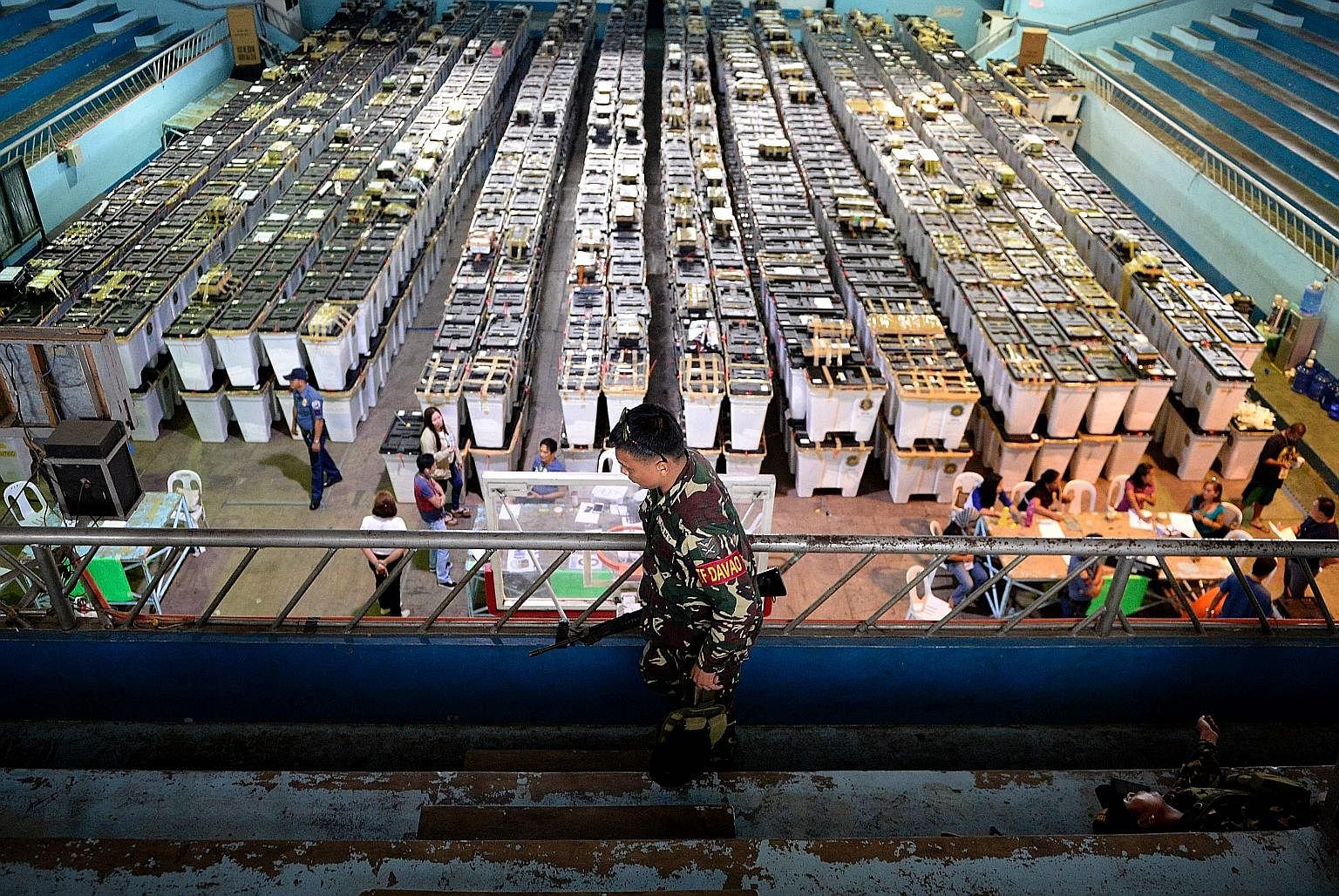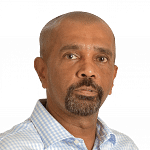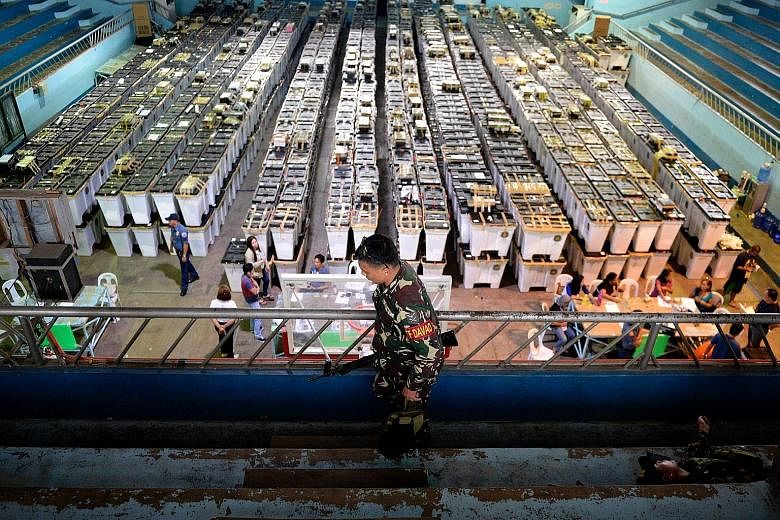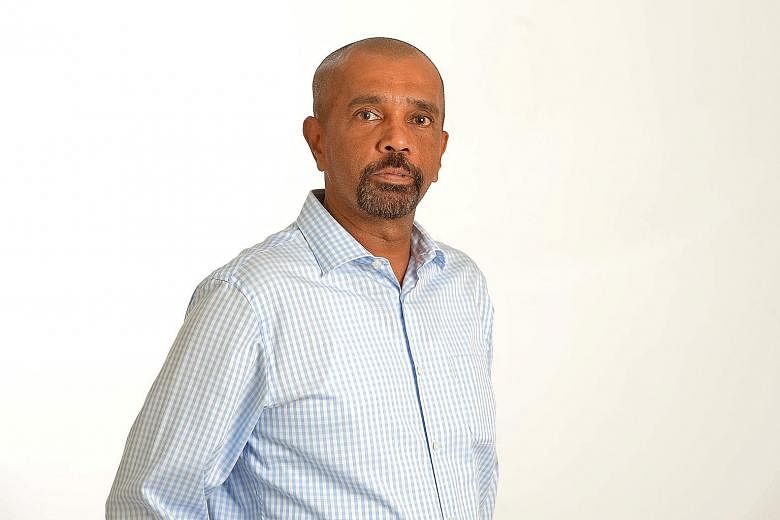Filipinos voted for change in this week's highly divisive presidential election in a stunning rejection of the decades-old "People Power" politics that has shaped this country, opening a rift that incoming President Rodrigo Duterte will have to work hard to heal.
The controversial politician beat four other candidates in the presidential race after securing the backing of the country's middle class, as well as the poor impressed with his pledge to battle crime and corruption.
But a closer look at the results points to a gaping divide that may complicate Mr Duterte's governance agenda. The 71-year-old received nearly 39 per cent of the vote in a contest where the winner needs only plurality and not a majority.

While this does represent a 15 percentage point lead over his nearest rival, it is equally true that the two other main contenders in the presidential race, former interior minister Manuel Roxas and Senator Grace Poe, secured a combined 45 per cent of the popular vote.
Mr Roxas and Ms Poe are close political allies of outgoing President Benigno Aquino, who had asked the two candidates to join forces under one candidacy. Had they agreed, the outcome could well have been different.
The deep divide was even more sharply evident in the closely fought vice-presidential race. Ms Leni Robredo, a highly popular lawyer and social activist backed by Mr Aquino, is leading Ferdinand Marcos Jr, the son of the late Philippine dictator Ferdinand Marcos, by a mere 200,000 votes.
Ms Abigail Binay, the newly elected mayor of Manila's financial district Makati and daughter of defeated presidential candidate Jejomar Binay, underlined the fragile political climate when she told reporters yesterday: "He (Duterte) is a minority president. He is inheriting a divided country and needs to unify all the factions."
For his part, Mr Duterte was quick to acknowledge the need for unity as soon as results came in on Monday. "I want to reach out my hand and let us begin the healing now."
The offer of an olive branch was quickly taken up by his rivals, Mr Roxas and Ms Poe, as well as Ms Robredo, who called on Filipinos to rally behind their new president.
The influential Makati Business Club, the nation's leading business grouping, likewise said: "Let us focus on those aspirations that unite us, rather than on the issues that divide us."
Many analysts, however, said the political rift runs too deep because the election has, in the course of a day, overturned an elite that came to power in the "People Power" movement.
Thirty years ago, the Filipinos, led by Mr Aquino's mother, the late Corazon Aquino, braved their military oppressors to storm the streets of Manila to stage days of "People Power" revolution that would force dictator Marcos out of office and out of the country.
"This election is really a referendum of our People Power political system," said prominent lawyer Angelo Valencia.
What the election also demonstrated was that a majority of Filipinos, who were born after People Power and who made up most of the voters in this week's election, no longer share the nostalgia of the decades-old popular uprising.
Younger voters like restaurant manager Lalaine Pangan said her vote for Mr Duterte was simply out of frustration with the current political system and fatigue over being left out of the country's economic boom.
"The current government has made so many promises but it has never delivered. They say he is a dictator but we will see," she said at an eatery in downtown Manila.
It is a sentiment that Mr Valencia could readily empathise with.
"We go forward with the fear of the unknown," he noted.




